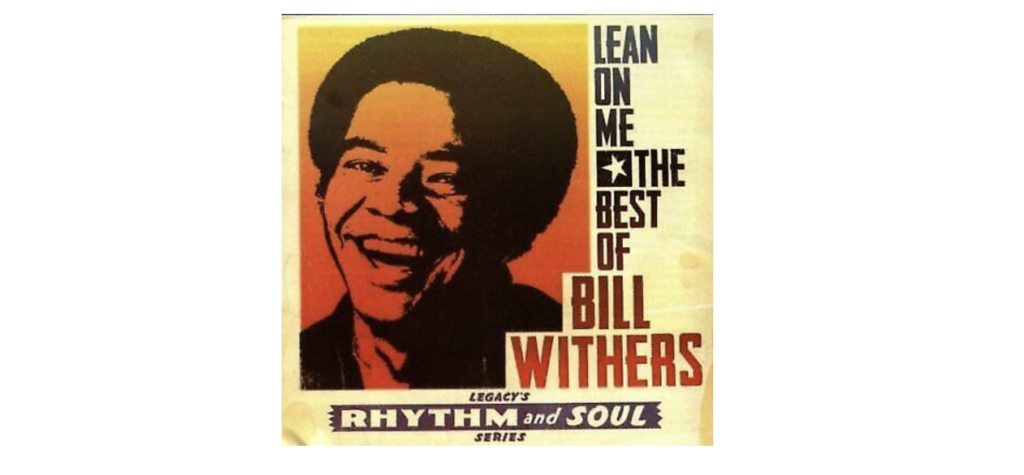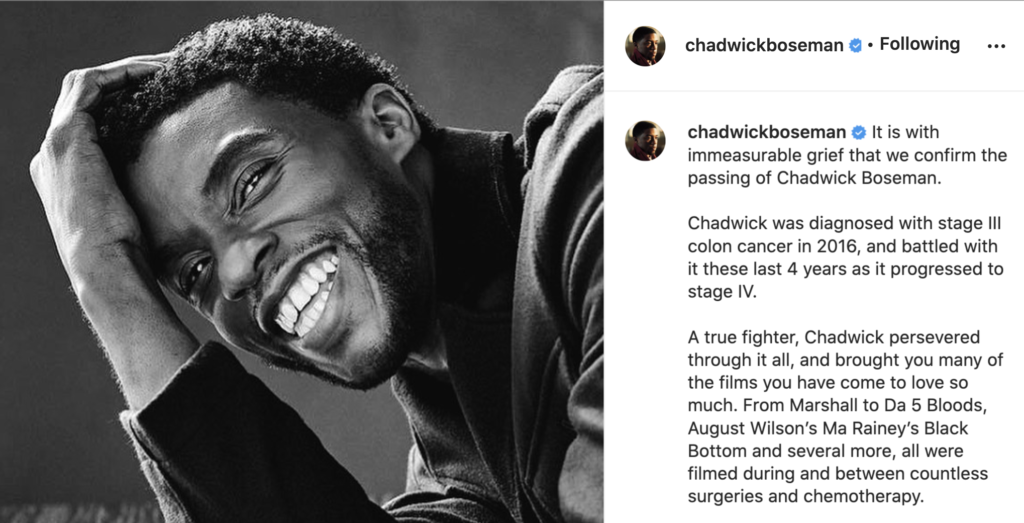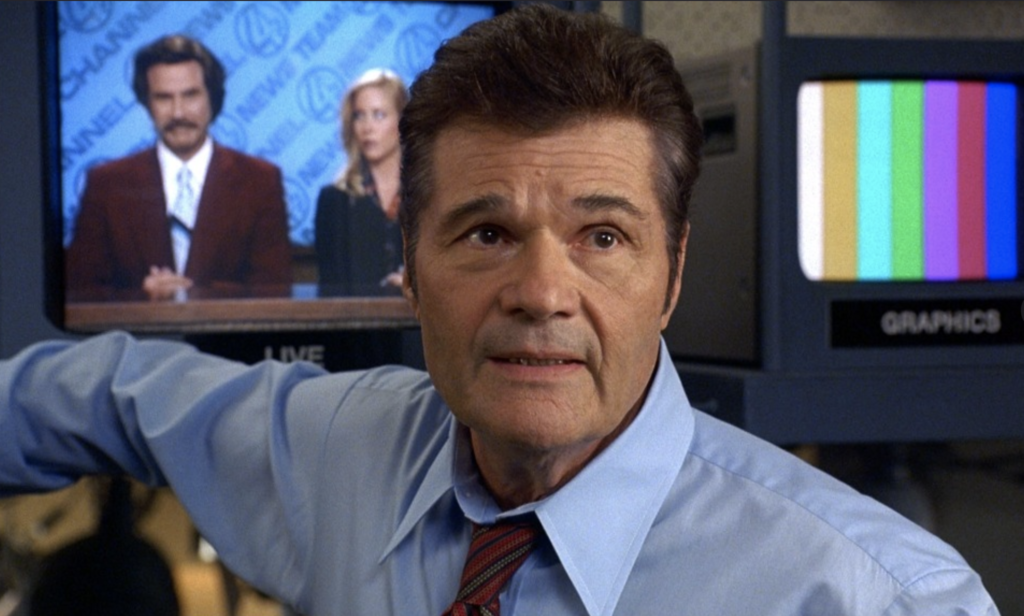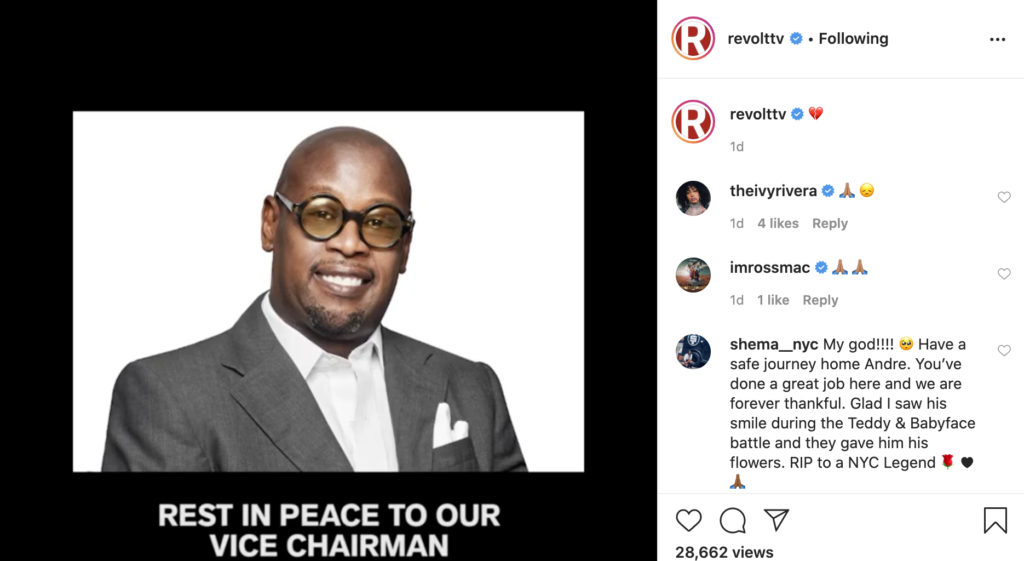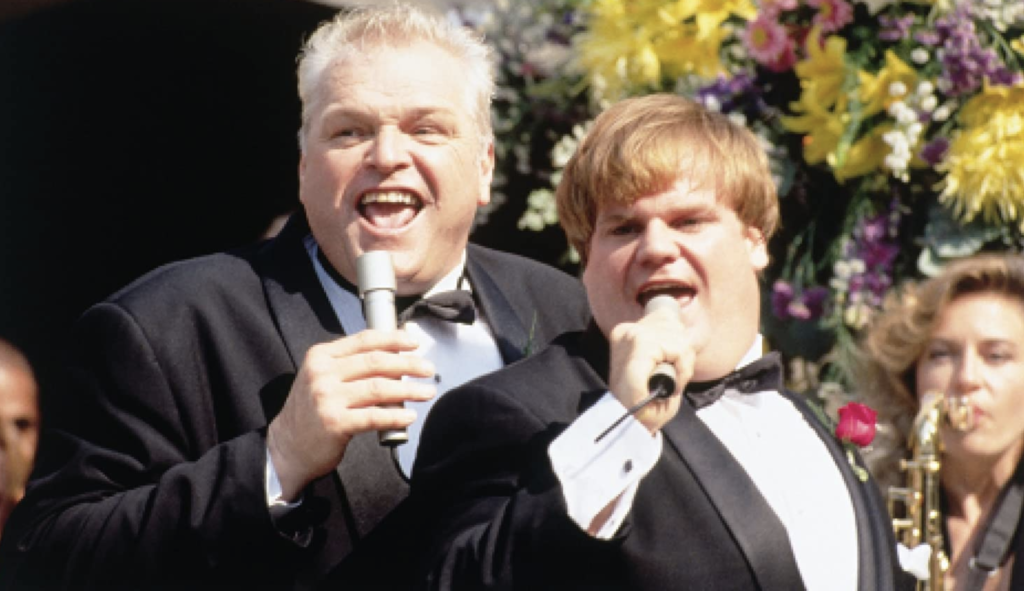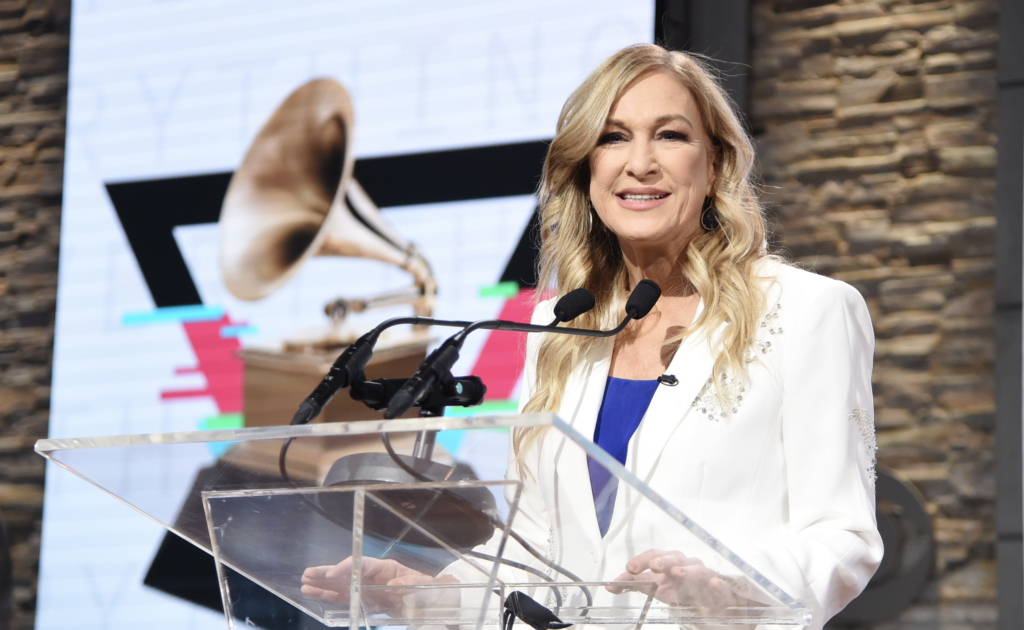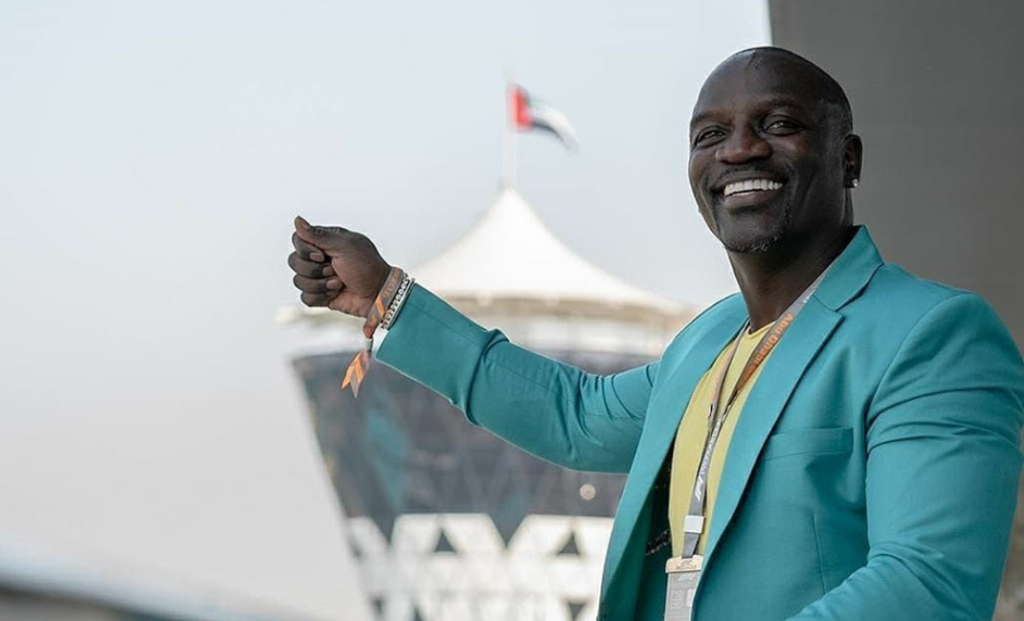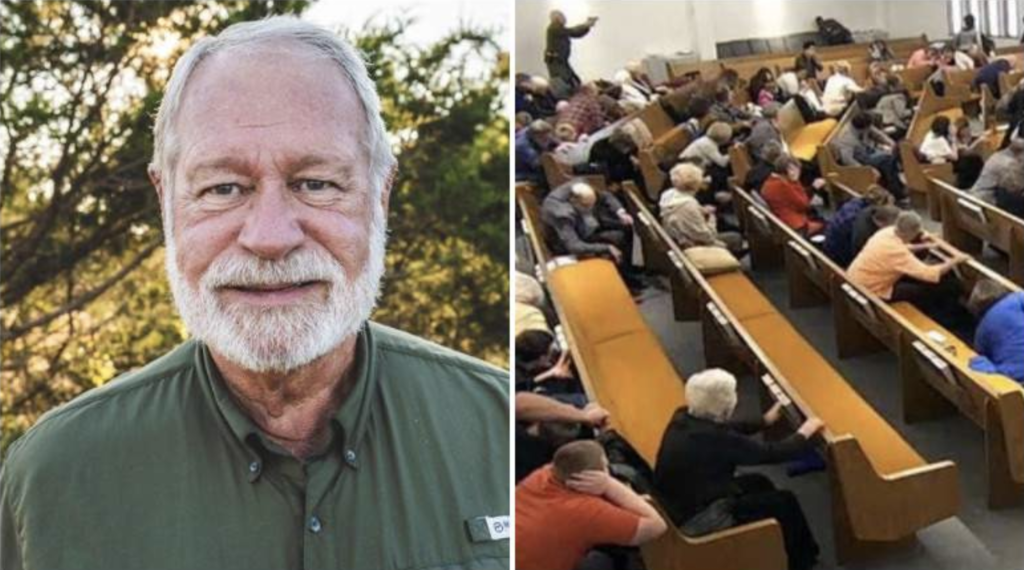Rest Well Bill!
03 Apr, 2020
Bill Withers, the former Navy man and commercial aircraft worker who became one of music’s most revered poet laureates, has died. The Grammy Award winner and Rock and Roll Hall of Fame member died Monday (March 30) in Los Angeles from heart complications. He was 81 years old.
“We are devastated by the loss of our beloved, devoted husband and father. A solitary man with a heart driven to connect to the world at large, with his poetry and music, he spoke honestly to people and connected them to each other,” Withers’ family said in a statement to the Associated Press.
Arriving front and center on the music scene at the relatively late age of 33 in 1971, Withers quickly forged an indelible impression. Beginning with first hit “Ain’t No Sunshine,” the wordsmith penned a string of memorable classics including “Grandma’s Hands,” “Lean on Me,” “Use Me,” “Lovely Day” and “Just the Two of Us” with Grover Washington Jr.
Whether the theme centered on romance, break-ups, family, spirituality, social consciousness or just plain living life, each song shared the same through-line: Withers’ natural gift for telling real-life stories through simple yet insightful lyrics. And illustrating those stories was his melodious Southern drawl, gliding over a vibrant fusion of blues, soul, R&B, jazz, gospel and folk.
A staunch proponent of creative freedom, Withers never minced words when it came to his love-hate relationship with record labels. At one point in a standoff with his first label Sussex Records, Wither destroyed the masters for an album. As he recounted to attendees during a keynote session at the 2015 ASCAP Expo, “I will erase a master tape and a master’s ass.” During his tenure with Columbia Records, he redubbed A&R (the acronym for artist & repertoire) as “antagonistic and redundant”—and later walked away from recording and performing in 1985.
But Withers’ legacy has flourished in the decades since, thanks to a cross-section of artists who have covered/sampled his songs or cited him as a major influence. That diverse list encompasses such stars as Barbra Streisand, Morrissey, Jill Scott, Mick Jagger, Aretha Franklin, Paul McCartney, Maroon 5, Tupac Shakur, John Mayer, Kanye West and John Legend.
Describing Withers’ far-reaching artistry to Rolling Stone prior to the singer-songwriter’s 1985 induction into the Rock and Roll Hall of Fame, Roots drummer Questlove said, “He’s the last African-American Everyman. [Michael] Jordan’s vertical jump has to be higher than everyone. Michael Jackson has to defy gravity… We rarely land in the middle. Bill Withers is the closest thing black people have to a Bruce Springsteen.”
Addressing the audience during a Q&A session at the Grammy Museum in 2011, Withers boiled down the craft of writing and singing songs to one sentence. “If you’re honest about it,” he said, “you’re just a conduit deemed worthy by something in the universe.”
William Harrison Withers Jr. was born in Slab Fork, West Virginia and raised in nearby Buckley, the shy and stuttering youngest of six children. To escape the coal-mining way of life there, Withers joined the Navy when he was 18. Discharged in 1965, he moved two years later to Los Angeles where he found work as an aircraft toilet installer by day. By night, he was recording demo tapes and performing in L.A. area clubs.
Industry veteran Clarence Avant gave Withers his formal start, signing the yet-unknown artist to his L.A.-based label, Sussex. Enlisted to produce the singer’s 1971 debut album, Stax Records legend Booker T. Jones gave a nervous Withers some plain-spoken advice—which Withers incorporated into the album’s sixth track, “Do It Good.” Raps Withers against an easygoing groove, “Booker T. said to me, ‘Don’t worry about it. Just do what you do—and do it good.’”
And Withers did. The end result, Just As I Am, featured his career-defining single “Ain’t No Sunshine” and follow-up classic “Grandma’s Hands.” Defying convention—a spare, guitar-driven track with no bridge and Withers repeating the phrase “I know” 26 times—“Ain’t No Sunshine” climbed to No. 3 on the Hot 100 and No. 6 on Hot R&B/Hip-Hop Songs. Withers not only scored his first platinum single, he also won his first Grammy Award for best R&B song.
Describing himself as a “left-field singer” in a 2005 Billboard interview, Withers said he began writing his own songs because “I couldn’t find any songs that didn’t sound like all the others.”
His second album, 1972’s Still Bill, yielded Withers’ first No. 1 on the Top R&B/Hip-Hop Albums chart and second million-selling single: the friendship anthem “Lean on Me.” Up next came his second top 5 Hot 100/Hot R&B/Hip-Hop Songs hit and third million-seller, “Use Me.” Cementing his status alongside such singer-songwriters of the era as Carole King, James Taylor and Stevie Wonder, Withers released the seminal live album Bill Withers: Live at Carnegie Hall in 1973.
After releasing +’Justments, his final album for Sussex in 1974, Withers signed with Columbia Records in 1975. Five more albums followed over the next 10 years: Making Music, Naked & Warm, Menagerie, ‘Bout Love and his last Columbia—and studio—album, 1985’s Watching You Watching Me. Ongoing disputes with the label during this period prompted Withers to collaborate with other artists. The most successful of these outside projects was his guest appearance on jazz saxophonist Washington’s R&B/pop crossover hit “Just the Two of Us,” which won a Grammy in 1982 for best R&B song. Withers took home his third Grammy in the same category in 1988 for Club Nouveau’s cover of “Lean on Me.”
Post-Columbia, Withers’ music has remained just as popular. “No Diggity,” the 1996 Hot 100 chart-topper by BLACKstreet featuring Dr. Dre, sampled a portion of “Grandma’s Hands.” Subsequent generations have been introduced to the singer-songwriter through commercials (the Gap Khaki Soul campaign featuring “Lovely Day”) and TV shows (Scandal). Steadfast in declining to release new music himself over the years, Withers did contribute two songs to Jimmy Buffett’s 2004 album License to Chill as well as the song “I Am My Father’s Son” performed by Johnny Mathis at the 2013 unveiling of the Bill Russell Legacy Project in Boston.
Inducted into the Rock and Roll Hall of Fame in 2015 and the Songwriters Hall of Fame in 2005, Withers received ASCAP’s Rhythm & Soul Heritage Award in 2006. A year after that, “Lean on Me” was entered into the Grammy Hall. The singer’s performance at the Zaire ’74 music festival, preceding Muhammad Ali and George Foreman’s infamous Rumble in the Jungle heavyweight boxing match, is captured in the 2008 documentary film Soul Power. Withers himself provided the focal point for the critically acclaimed 2009 documentary Still Bill. The most definitive collection of his work, Bill Withers: The Complete Sussex and Columbia Albums, was released in 2012. The nine-album box set won a Grammy for best historical recording.
“I feel very flattered that my songs have become part of the American landscape,” the low-profile Withers told Billboard in 2005. “Probably, I should have been better. But all things considered, I did the best I could.”
Withers was married twice, the first time to film and television actress Denise Nicholas. He is survived by his second wife Marcia, manager of his publishing companies, and their two children, Todd and Kori.
Billboard
Image Screenshot
Mentioned In This Post:

